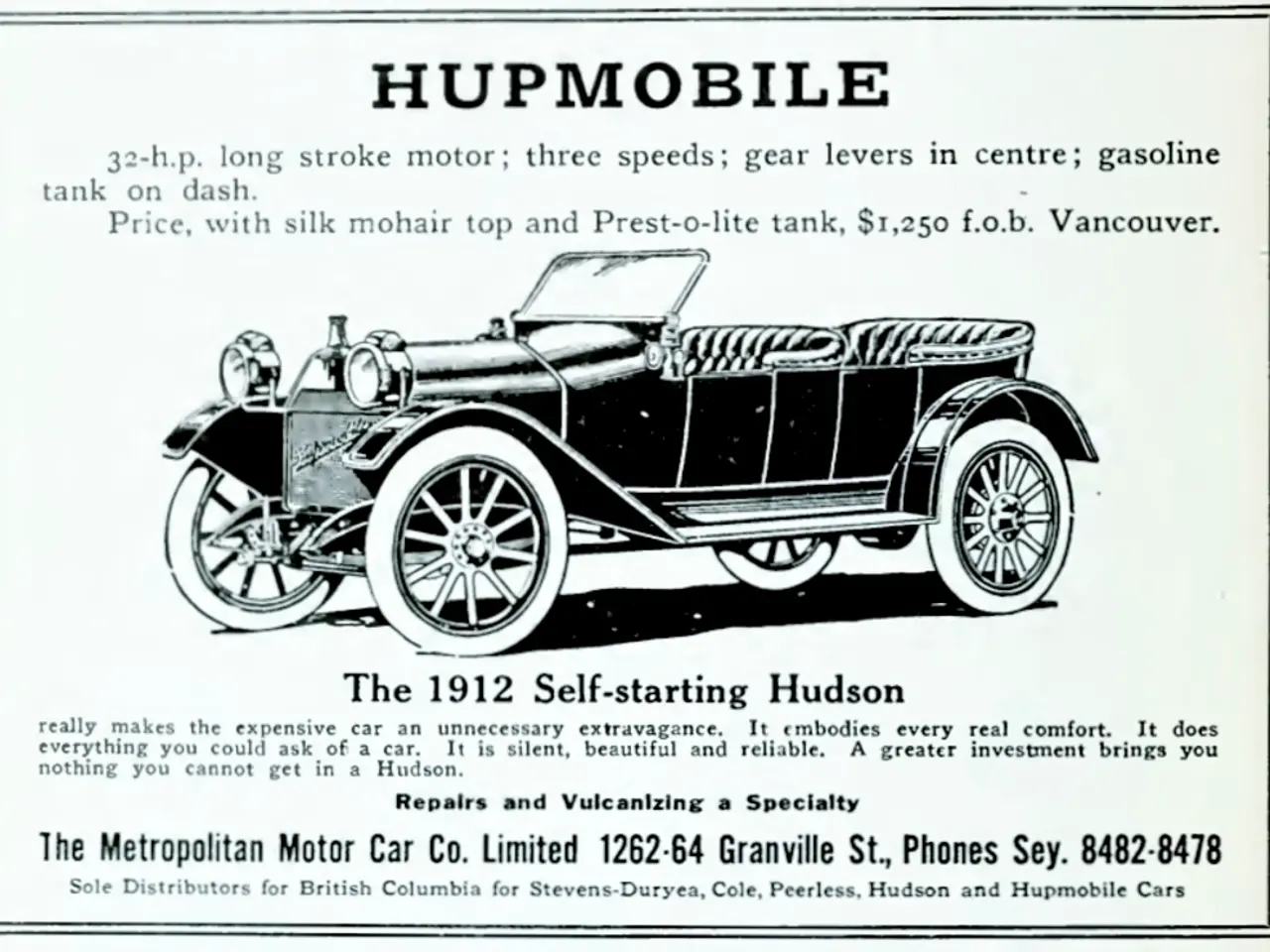Rental company Hertz's artificial intelligence scanner imposes a $350 fee for minor damages, sparking controversy and accusations of excessiveness.
In the rapidly advancing world of technology, AI-powered car rental inspections are becoming increasingly common, particularly in the automotive sector. Companies like Hertz, for instance, are leveraging AI to streamline the inspection process and reduce disputes over damage charges. However, a recent incident involving Hertz customer Adam Foley has sparked a heated debate over the fairness and transparency of such systems.
Foley was charged $350 for two small damages found on his rented vehicle. One was on the car's roof, and the other was on the driver's side front fender, which appeared to be slightly smaller than a dime in diameter and not very deep. Finding something very small is easy for these high-powered scanners, but the question is why Hertz is charging for these minor damages.
Foley suspects the use of expensive technology necessitated charging for extortive levels of damage to get a return on investment. He was offered a discount of $65 if he paid immediately, but contesting the fee was reportedly difficult. Contacting a human agent at Hertz to discuss or contest the charges is not straightforward, with the process requiring a separate support line, though this is not made very clear.
Hertz's goal is to bring transparency, precision, and speed to the damage process. However, the company could make AI-scanned rentals more expensive without needing to repair the "damage". They do this by discounting the charge if the customer admits fault and pays within seven days. But what happens when the damage is not the customer's fault? Foley encountered an automated AI chat experience that did not allow for human interaction, making it challenging to contest the charges.
The use of AI in car rental inspections is not without its challenges. AI systems can be prone to errors if not calibrated correctly or if the data used to train them is biased. This could lead to false positives or negatives in identifying damage. Training data may contain biases that affect how AI systems evaluate different types of vehicles or damages.
Lack of transparency in how AI systems make decisions can erode trust between rental companies and customers. Customers may question the fairness of charges if they cannot understand how damages were identified. Clear communication about the inspection process and how AI is used can help build trust.
Clear mechanisms for resolving disputes are essential. AI-driven inspections might reduce disputes by providing objective evidence, but they could also create new challenges if customers dispute AI-identified damages.
As AI becomes more prevalent, regulatory bodies may need to establish standards for its use in car rental inspections to ensure fairness and transparency. Addressing these issues is crucial for widespread adoption and customer acceptance.
In conclusion, while AI-powered car rental inspections have the potential to enhance efficiency and objectivity, they also raise concerns about accuracy, transparency, and regulatory compliance. Companies like Hertz must address these issues to maintain customer trust and acceptance.
[1] The increasing use of AI in vehicle assessments, such as in fleet management and vehicle cameras, suggests a growing trend towards automation in the industry. (Source: not provided)
In the realm of entertainment and general news, the debate over AI fairness and transparency in car rental inspections continues to gain momentum, with Hertz's recent incident involving Adam Foley serving as a significant case study. The escalating use of technology in lifestyle sectors, including this instance of AI-powered vehicle assessments, presents both advantages and challenges, necessitating careful regulation to ensure consumer trust and satisfaction.
Despite AI's potential to bring transparency, precision, and speed to various sectors, including sports and entertainment, its misuse can lead to issues such as false damages identification and lack of dispute resolution mechanisms. In light of these concerns, the development and implementation of clear regulations for AI use in car rental inspections are crucial to foster widespread acceptance and trust among consumers.




